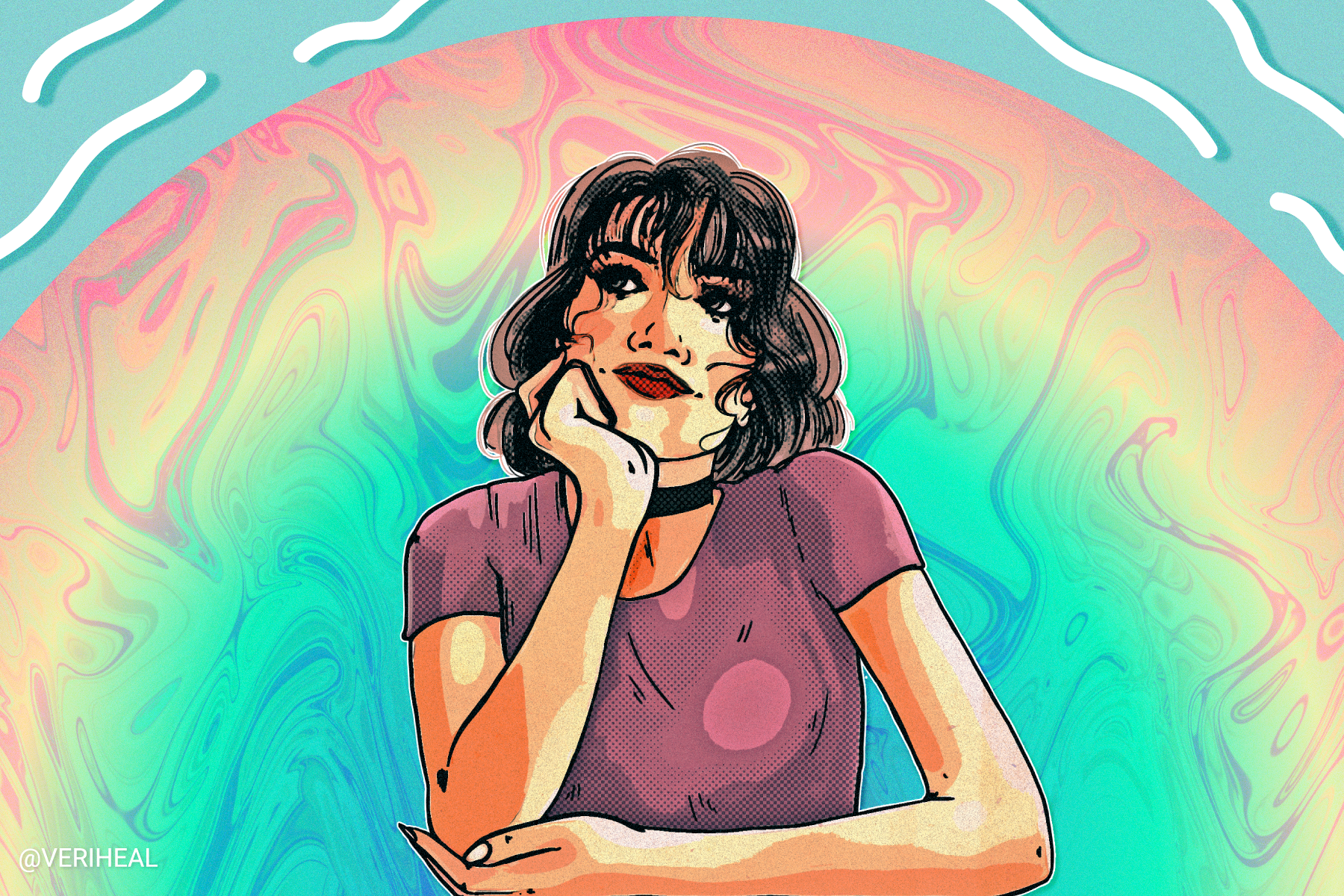In an account of his life with autism featured in Medical News Today’s Through My Eyes series, Jonathan Rowland explains that “there are a number of preconceptions” about how one is “supposed to look, as well as what an autistic person is and is not capable of”—which is only the beginning of the challenges one may experience with autism spectrum disorder (ASD). Research into cannabis for ASD has shown promise, and researchers are now finding psychedelics to have the potential to benefit autistic people.
Filter collaborated with Narcotica in a podcast in order to understand the experiences of autistic people who have benefited from psychedelics. Filter reported that MDMA and psilocybin have both “been deemed ‘breakthrough therapies’ by the Food and Drug Administration and appear poised for approval, if no sooner than 2023.”
Considering the many surfacing studies on the efficacy of psychedelic therapies, many researchers have turned their attention to “relieving symptoms of autism spectrum disorder (ASD)” through these psychedelics, according to Filter. Before we get into what this means, let’s take a look at the condition itself.
An Overview of Autism Spectrum Disorder
ASD is a broad term used to categorize individuals who have challenges with social skills as well as those who have repetitive behaviors, speech, and challenging nonverbal communication. The Centers for Disease Control and Prevention (CDC) explains that there is nothing visible that sets those with ASD apart from others aside from their challenges with communication, interaction, behavior, and learning.
So, how does ASD present itself? It is normally diagnosed in childhood. People with the condition might: not show interest in objects, have trouble relating to others and having an interest in them, avoid eye contact, want to be alone, have trouble understanding feelings or talking about their own, appear unaware when others are talking to them, be unsure how to talk to others, repeat phrases/words and actions, struggle to adapt to changes in routine, and have unusual reactions to stimulus like touch and smell. Early behavioral intervention is still key to the best long-term outcomes. Many ASD children benefit from therapies that focus on social conversational skills, dealing with sensory stimuli, and identifying their emotions and the emotions of those around them.
Psychedelic Therapy for ASD Social Anxiety
Filter reported that Nova Mentis Life Science Corp will be conducting an observational study “on the microbiome and genetics of patients with ASD and Fragile X syndrome.” Part of the study is focused on serotonin signaling—the chemical in the brain most associated with psychedelic effects—which is apparently due to the fact that the company wants to “illuminate the neural underpinnings of social anxiety relating to ASD.”
Why You Should Get Your Medical Marijuana Card
Veriheal has satisfied millions of patients nationwide by giving them access to these benefits
- Larger purchase limits
- Peace of mind
- Enhanced legal protection
- Access to higher potency strains
- Save up to 25% on cannabis purchases
- Skip the line at the dispensary
However, the Multidisciplinary Association for Psychedelic Studies (MAPS) has been the only organization to conduct and complete a clinical trial on MDMA’s ability to treat social anxiety in autistic adults. While the 2018 study was only conducted on a small scale, it “demonstrated rapid and durable improvement in social anxiety symptoms.” Berra Yazar-Klosinski, the study’s author, told Filter that despite the small study size, the “results had a large effect size, which means that it’s a strong signal that we might be able to alleviate the social anxiety symptoms that they were suffering from.”
Berra also explained that they followed up with the participants and found that “many of the participants had completely transformed lives after the study.” Unfortunately, it will be a while before a larger scale study can be conducted in order to assess the efficacy of MDMA for autism since the FDA will need to approve such studies—and the substance is still widely illegal. Currently, the only active autism and psychedelic trial study that is registered with the National Institutes of Health is a study being conducted by the University of Chicago.
Sky News reported on a study led by researchers at McGill University in Canada that found potential in using LSD to treat social anxiety and increase socialization in those with autism. The study suggests that the mechanism which enables LSD “could be used to treat anxiety and autism spectrum disorder,” and that the combined activation of serotonin receptors and AMPHA receptors by the drug leads to increased social interaction. However, the study was conducted on mice, so the results may not be reflective of human reactions and are yet to be seen.
The Need for More Clinical Trials
Those on the autism spectrum can live beautiful, robust lives, but some of the symptoms that come with the condition—like debilitating social anxiety—can make daily functions difficult. Based on the available studies but subject to their limitations, psychedelics offer the potential to induce more positive moods, improve inclination to interact with others, improve speech, enhance emotional responsiveness, and reduce the occurrence of obsessive and repetitive behavior.
There are plenty of anecdotal reports to echo these effects, but the jury is still out on when clinical trials for the therapeutic efficacy of such substances will be allowed or conclusive. It also appears that LSD, MDMA, and psilocybin will be receiving the most attention in terms of understanding psychedelics as a potential treatment for ASD. Consuming psychedelics is still illegal and should not be used to self-medicate unless you are in an environment where psychedelic-assisted therapy is allowed under the guidance of a professional.
Veriheal does not support illegally consuming therapeutic substances such as psychedelics but acknowledges that it transpires because of the current illicit status, which we strive to change by advocating for research, legal access, and responsible consumption. Always consult a physician before attempting alternative therapies.
Author, Share & Comments
















